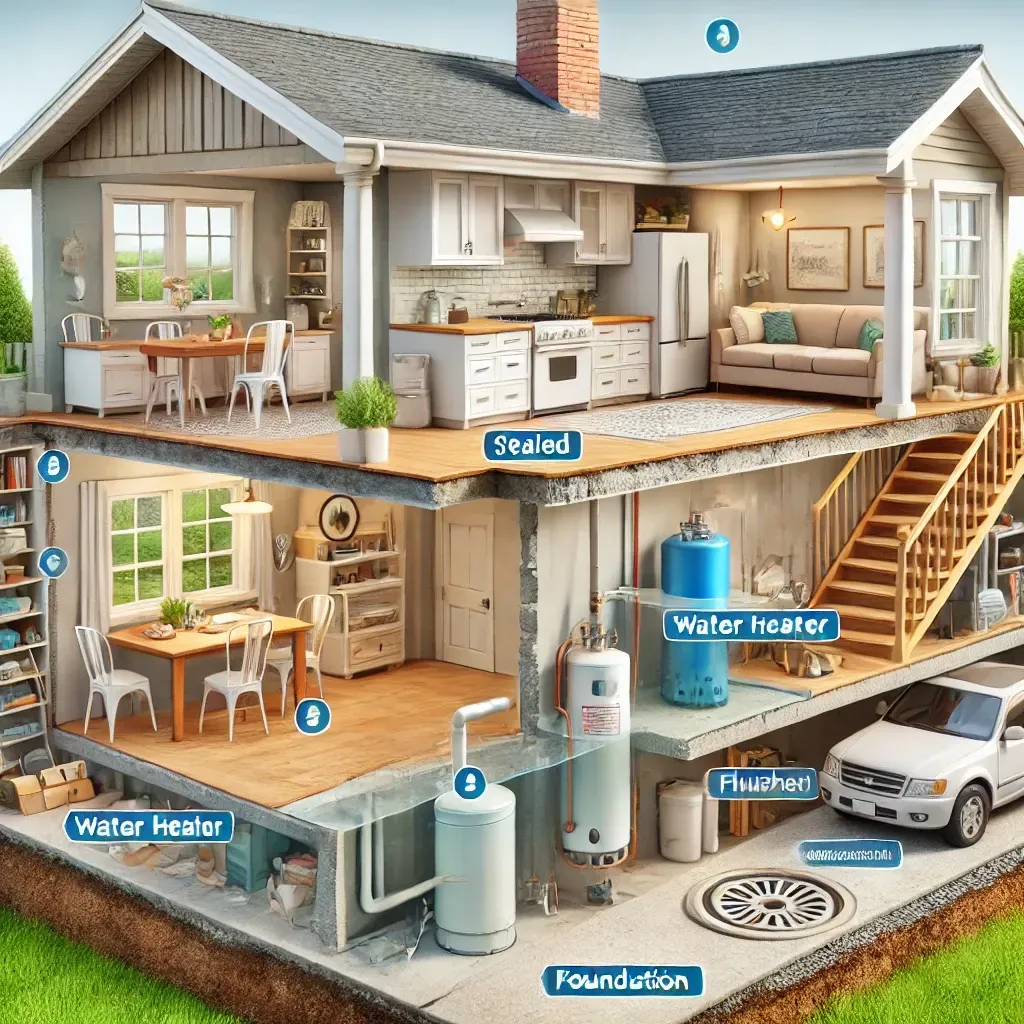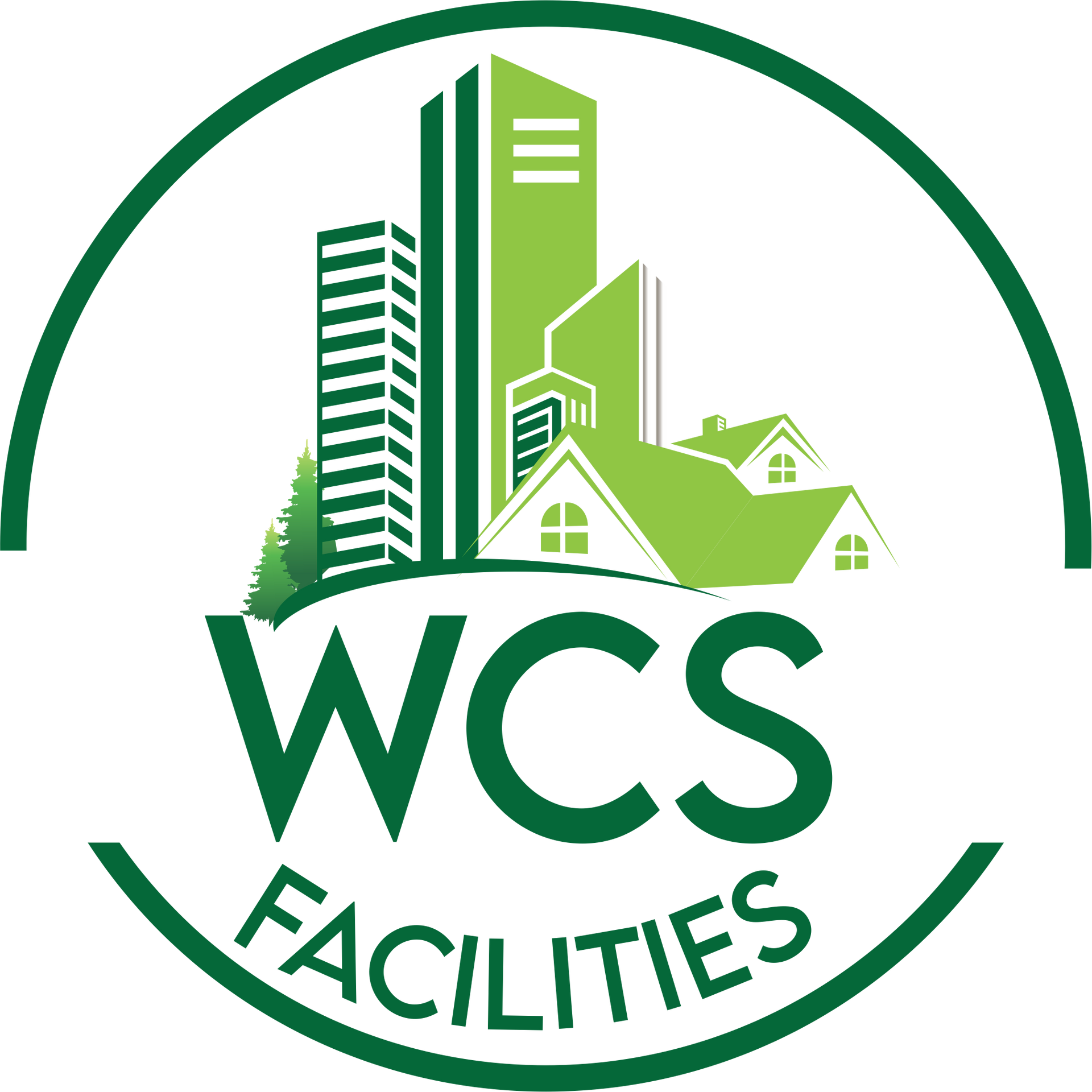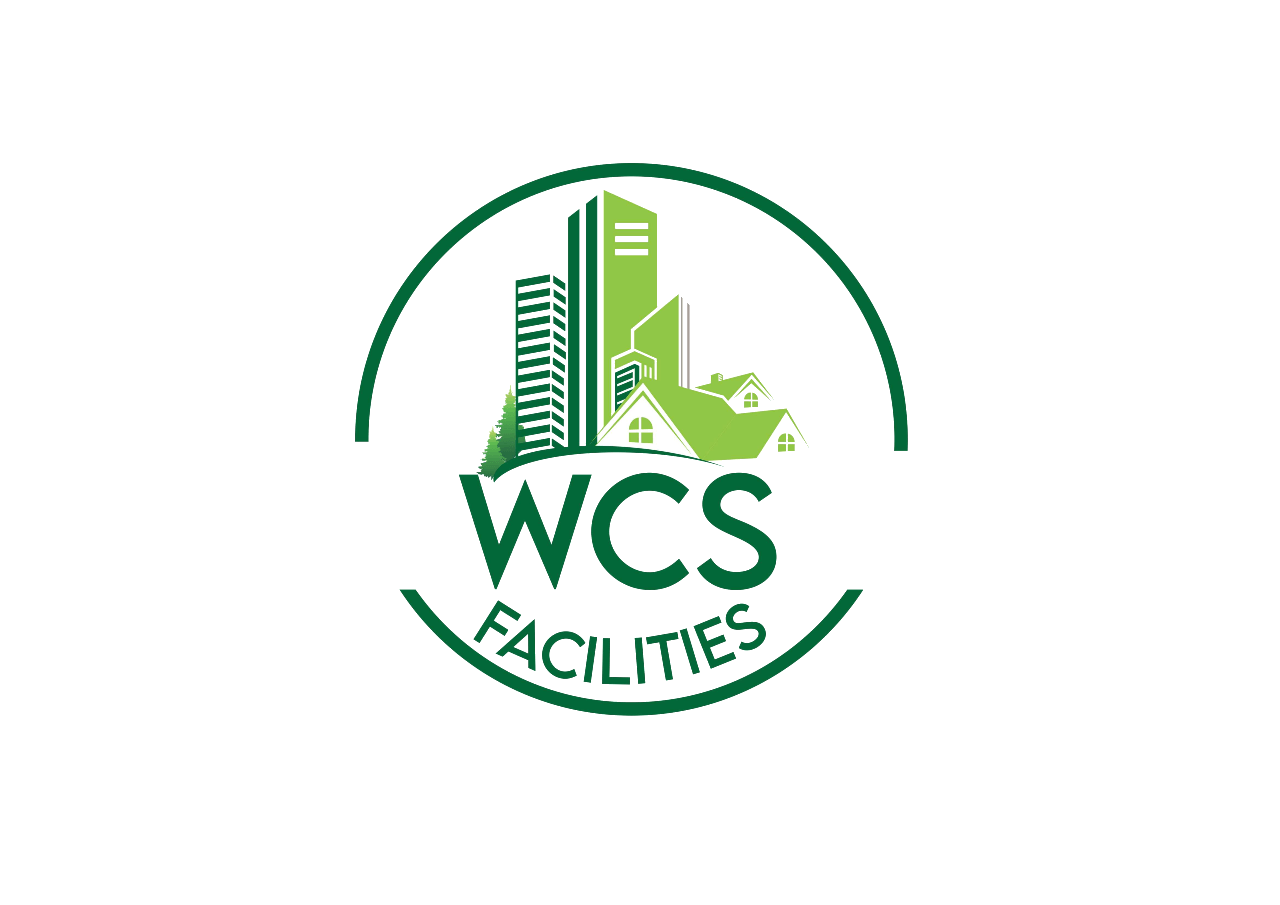Property Management Definition and Types
What Is a Property Manager?
A property manager is a professional who oversees and maintains residential and commercial buildings. They are in charge of finding tenants, managing the day-to-day operations, dealing with tenant issues, collecting rent payments, maintaining records, organizing inspections, arranging for repairs and maintenance, overseeing safety standards, and implementing legal compliance measures.
Property managers must possess excellent communication and organizational skills to succeed in the role. They are also often required to have specialized knowledge about local legislation governing rental properties. With all these responsibilities to juggle, it is no wonder why so many businesses rely on qualified and experienced property managers in order to keep their buildings running smoothly.

Types of Property Management
Residential Property Management
Residential property management is the business of overseeing the day-to-day operations of a residential property, such as an apartment building or a rental house. This can include tasks such as collecting rent, coordinating maintenance and repair work, enforcing the terms of the lease, and managing tenant relations.
Residential property managers typically work on behalf of the property owner to ensure that the property is well-maintained, operated efficiently, and provides a good experience for tenants. Some residential property managers are self-employed and work on a contract basis, while others are employed by property management companies. The cost of working with a residential property manager can vary depending on the size and location of the property and the services provided by the property manager.
Commercial Property Management
Commercial property management is the business of overseeing the day-to-day operations of a commercial property, such as an office building or a retail space. This can include tasks such as collecting rent, coordinating maintenance and repair work, enforcing the terms of the lease, and managing tenant relations.
Commercial property managers typically work on behalf of the property owner to ensure that the property is well-maintained, operated efficiently, and provides a good experience for tenants. Some commercial property managers are self-employed and work on a contract basis, while others are employed by property management companies. The cost of working with a commercial property manager can vary depending on the size and location of the property and the services provided by the property manager.
Industrial Property Management
Industrial property management is a specialized field of property management and requires in-depth knowledge of the industrial real estate market. Companies that provide industrial property management services bring experience and expertise to ensure that clients maximize the value of their investments by taking a proactive and hands-on approach to managing their portfolios.
These services often include tenant relations, risk reduction, lease administration, budgeting, repairs and maintenance, and more. Industrial property managers play an important role within organizations to ensure that properties are managed effectively and efficiently in order to protect their clients from legal liabilities while maximizing return on investments.
Special-Purpose Property Management
Special-Purpose Property Management is a specialized service provided by property management companies. It involves the management of properties used for activities such as churches, industrial sites, trailer parks, and golf courses. This type of property management requires the expertise and experience to ensure maximum efficiency and potential returns.
A manager carefully monitors tenant relationships, neighborhood zoning laws, and applicable building codes of these unique properties to ensure uniform compliance with all regulations. They must also perform thorough maintenance inspections to assess the condition of the buildings so that any needed repairs can be made in a timely manner prior to major problems arising. As such, special-purpose property managers provide an invaluable asset for large organizations and investors who depend on them for the safe, legal operation of their properties.
You might also like




